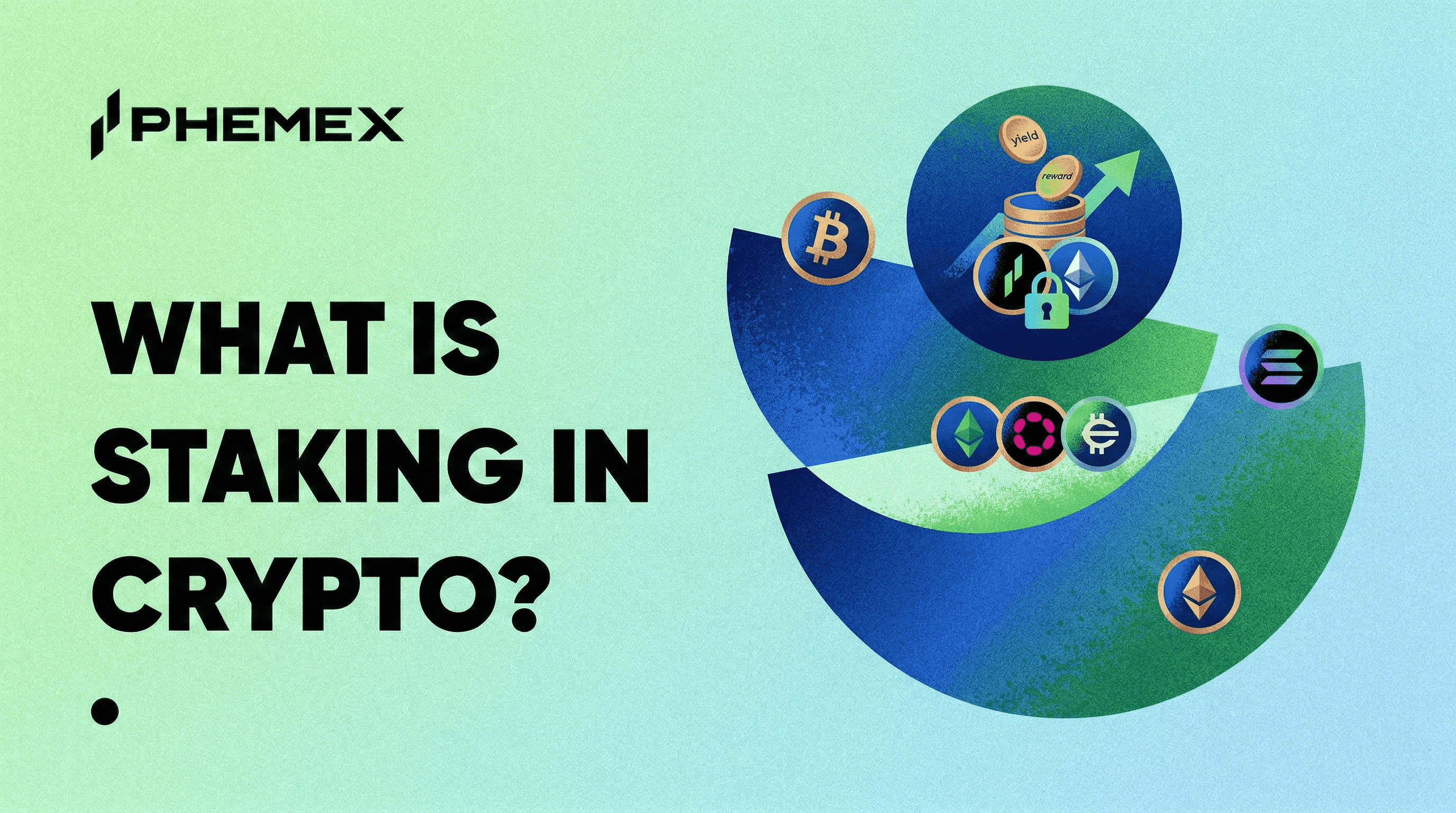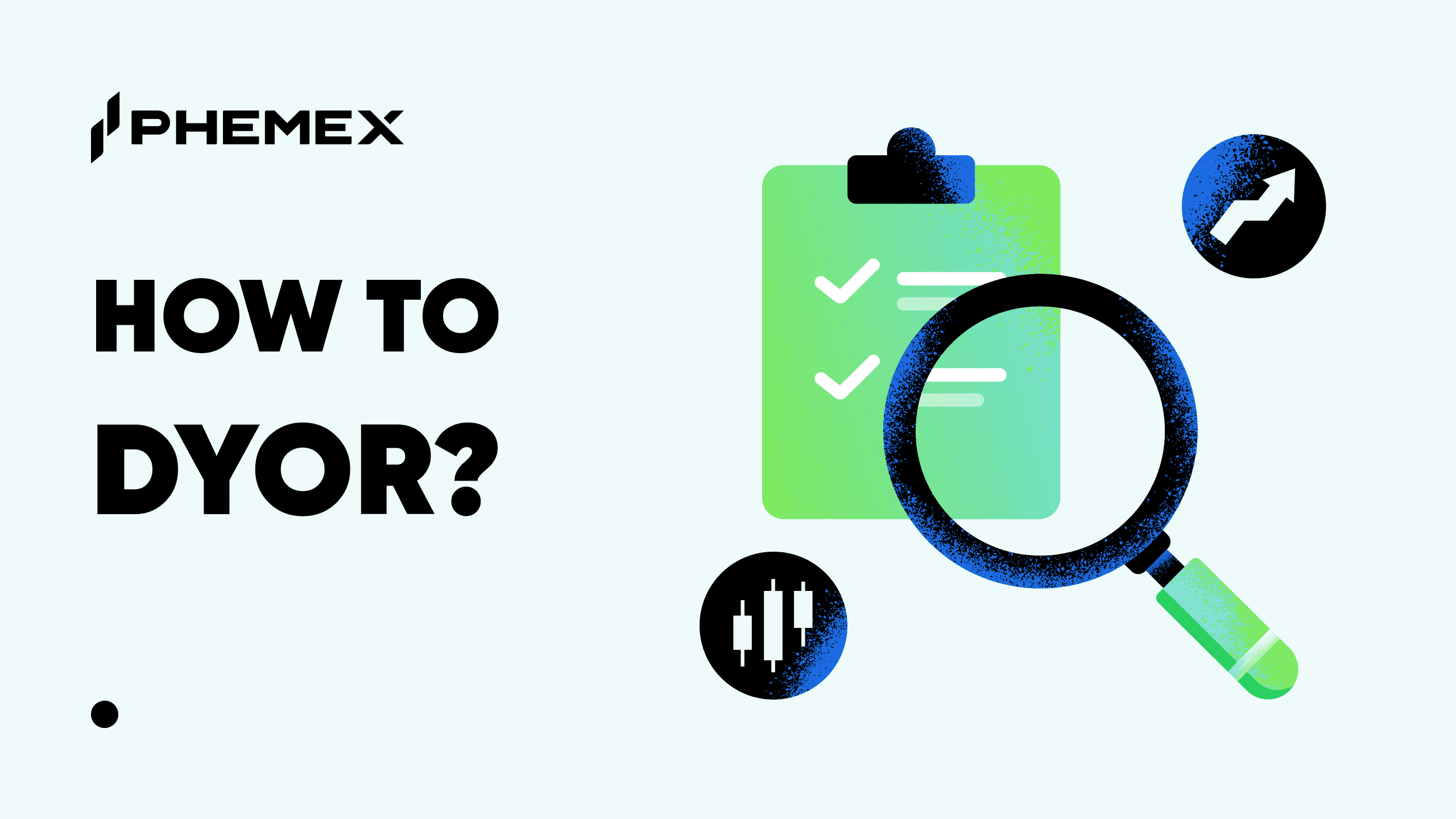What are Crypto Airdrops?
A crypto airdrop is a promotional tactic where new cryptocurrencies are distributed to the wallets of active blockchain community members, either for free or in exchange for minor tasks like social media engagement. This strategy aims to enhance awareness and distribution of a newly introduced token or coin.
In one of history's significant airdrops in 2018, holders of the $NEO token on the NEO blockchain were gifted with 0.2 $ONT tokens from the newly launched Ontology blockchain. At that time, each $ONT had a value of about $2, making the total airdrop worth over $40 million. Crypto airdrops are utilized by development teams to boost marketing efforts and cultivate a dedicated following.
Why Do Crypto Airdrops Exist?
Crypto airdrops are a method used by blockchain and cryptocurrency projects to distribute a specific amount of tokens to the wallets of certain users free of charge. Airdrops exist primarily to:
Generate Awareness: New projects use airdrops as a marketing tool to increase their visibility.
Distribute Tokens: For decentralized networks, it's a way to ensure a wide distribution of tokens.
Reward Loyal Customers: Existing projects may use airdrops to reward their community.
Types of Crypto Airdrops
Standard Airdrop:
These are straightforward airdrops where participants provide their wallet address to receive tokens. The amount of tokens distributed is fixed, and there's a cap on how much each participant can receive. Due to its simplicity, there's a risk of individuals using multiple wallets to claim more tokens, making these airdrops competitive and sometimes hard to get.
Bounty Airdrop:
In this type, participants complete specific tasks, often for marketing purposes, like social media posts or referrals. Participants earn points for these tasks, which then determine the size of their airdrop. A minimum point threshold is usually set for eligibility.
Holder Airdrop:
These airdrops reward existing holders of a particular cryptocurrency. No additional action is needed from the holders' side; new tokens are simply added to their wallets. This rewards those who have invested in and held a project's cryptocurrency.
Exclusive Airdrop:
Targeting a select group, these airdrops are not just based on token ownership but other criteria like contribution to a project, forum activity, or other non-token related involvement. This method focuses on rewarding individuals deeply involved with the project, even if they don't hold any tokens.
Raffle Airdrop:
These airdrops combine elements of other types but add a lottery-style aspect. Participants might earn tickets through various means like holding tokens or completing tasks. Due to the high interest often exceeding the airdrop capacity, recipients are chosen randomly through a raffle.
Notable Crypto Airdrops:
BITCOIN CASH:
In August 2017, as a result of its separation from Bitcoin, Bitcoin Cash conducted a hard fork airdrop, granting users 1 Bitcoin Cash (BCH) for each bitcoin (BTC) they held. This marked one of the significant early forks in the bitcoin network.
STELLAR:
In November 2018, when Stellar partnered with Blockchain.com to airdrop $125 million worth of Stellar lumens (XLM) to users of the Blockchain Wallet. This collaboration made Stellar the first airdrop partner of Blockchain.com's Airdrops program, which aimed to encourage users to explore cryptocurrencies and increase wallet engagement.
UNISWAP:
In September 2020, Uniswap distributed an airdrop of Uniswap tokens (UNI) to more than 250,000 early users of its exchange platform. Those who had conducted at least one transaction on the platform before the specified date were eligible for the airdrop, and each recipient received a minimum of 400 UNI tokens. Remarkably, just two days after the airdrop, the value of UNI surged by 160 percent, drawing significant attention to the token during its airdrop period.
PHEMEX SOUL PASS (PSP):
Throughout 2023, top 5 crypto exchange Phemex has launched its own soulbound token called Phemex Soul Pass. The PSP serves as a user’s passport into the Phemex Web 3 ecosystem, which contains frequent airdrop and giveaway opportunities. One major airdrop is for the platform’s native token the Phemex Token, which can be obtained for free via airdrops if a user has the Phemex Soul Pass and trades on the platform. The Phemex Token airdrop event is called xPT Pre-Mining, and it makes Phemex the most lucrative exchange to trade on because a great portion of trading fees are rebated in the form of free airdrops.
How Do Crypto Airdrops Work?
The process of a crypto airdrop typically starts with the initiating company or project team deciding to conduct one, often as part of a market strategy, following a network hard fork, or to reward existing investors. The first step involves determining the method and eligibility criteria for the airdrop.
For wider public airdrops, the campaign is launched to gather information from interested participants, usually requiring only wallet addresses, though some may also request email addresses for contact list expansion.
Specific airdrops utilize a 'snapshot' approach, recording a particular moment to identify eligible addresses based on set criteria, such as holding a minimum number of tokens at a specified time. As these snapshots are fixed, any transactions after this moment don't affect airdrop eligibility, often leading to price fluctuations of the coin or token around the snapshot time.
After finalizing the list of recipients, the airdrop is executed, commonly using smart contracts. The distributing entity might employ their Treasury wallet for this purpose and typically publicizes the relevant transaction block to showcase the fairness of the distribution. The transaction record illustrates the transfer from the company’s wallet to the recipients.
Recipients usually receive the airdropped tokens automatically in their wallets, with some needing to manually add the token or coin with its address to their wallet to correctly display the new balance.
Pros and Cons of Crypto Airdrops:
Pros:
Fast and Instant: A quick way to receive tokens without purchasing.
Low-Cost Marketing: Effective for projects to gain traction and visibility without significant advertising costs.
Establishes Loyalty and Userbase: Builds a community of supporters early on.
Cons:
Tokens Are Finite: There's a limited amount, and not everyone might receive them.
Loyalty Isn’t Guaranteed: Users may sell their airdropped tokens immediately.
Airdrops May Decrease Token Value: If everyone sells at once, it could decrease the token's value.
Crypto Airdrops Scam
Airdrop scams involve fraudulent schemes masquerading as legitimate airdrops, not endorsed by the actual protocol teams. These scams exploit the eagerness of investors to join incentivization programs, leading to security risks and often resulting in the theft of funds from their wallets.
Typically, scammers impersonate reputable protocols or influencers, promoting phony airdrop websites that entice users to connect their wallets to receive the airdrop. These sites often closely mimic the appearance of legitimate ones, even sometimes asking for sensitive information like private keys or seed phrases. However, when users attempt to claim the supposed airdrop by connecting their wallets, they usually encounter an error message while unknowingly enabling the scammer to access and drain their wallet's contents.
Learn more about Crypto Scams.
Crypto Airdrop Scams and How to Avoid Them?
Unfortunately, not all airdrops are genuine. Scams may involve fake airdrop offers to steal your data or funds. It's crucial to:
Research the Project: Ensure the project is legitimate and transparent.
Never Share Your Private Key: Genuine airdrops will never ask for this.
Be Cautious: If it sounds too good to be true, it likely is.
Crypto Airdrops vs. Initial Coin Offerings (ICO):
While both airdrops and ICOs distribute tokens, their methods and purposes differ:
Airdrops usually give out tokens for free to promote a project or reward loyal users.
ICOs are fundraising events where new tokens are sold to investors.
Read More
- What is a Crypto Airdrop: Why Projects Airdrop Crypto?
- "https://phemex.com/academy/crypto-airdrops-vs-giveaways-whats-the-difference-how-to-find-the-most-profitable-ones"
- **FREE USDT: 100 USDT Airdrop for Phemex Academy Readers**
- What Are Crypto Tokens? How Do They Work?
- What is Cryptocurrency & How does it Work?
- What is Initial DEX Offering?
- What are Crypto Dividends & How do they Work?
- What Are LP Tokens? A Step-by-Step Guide to Creating Your Own LP Token & Launching a Coin







